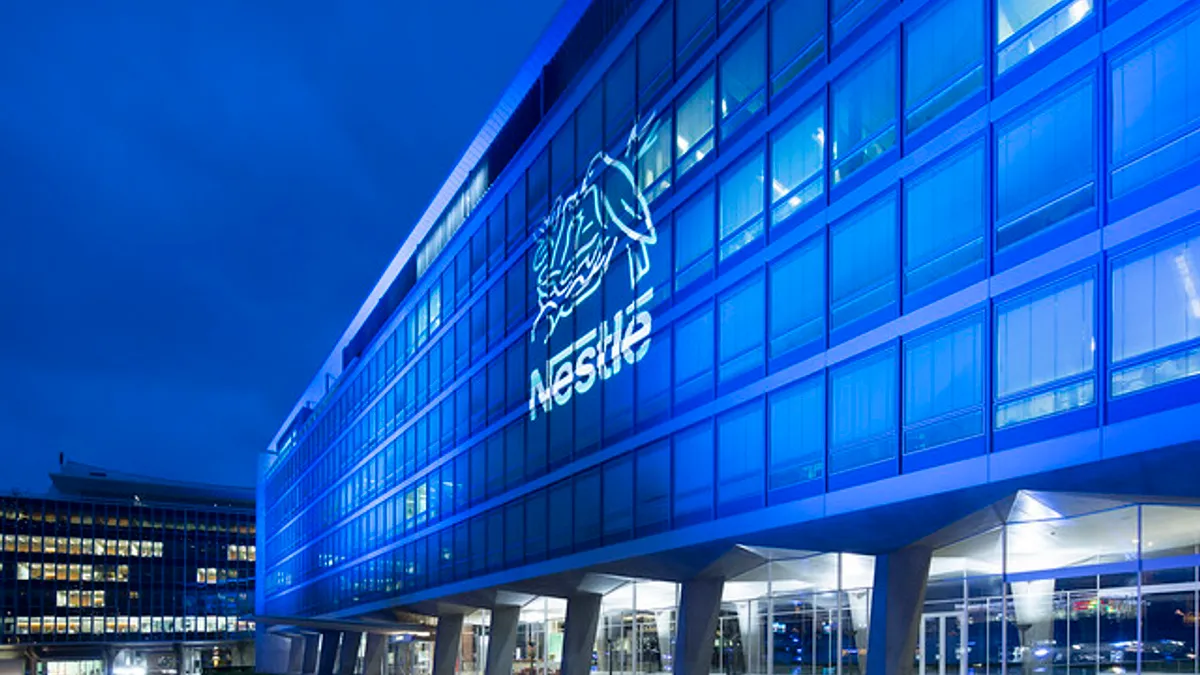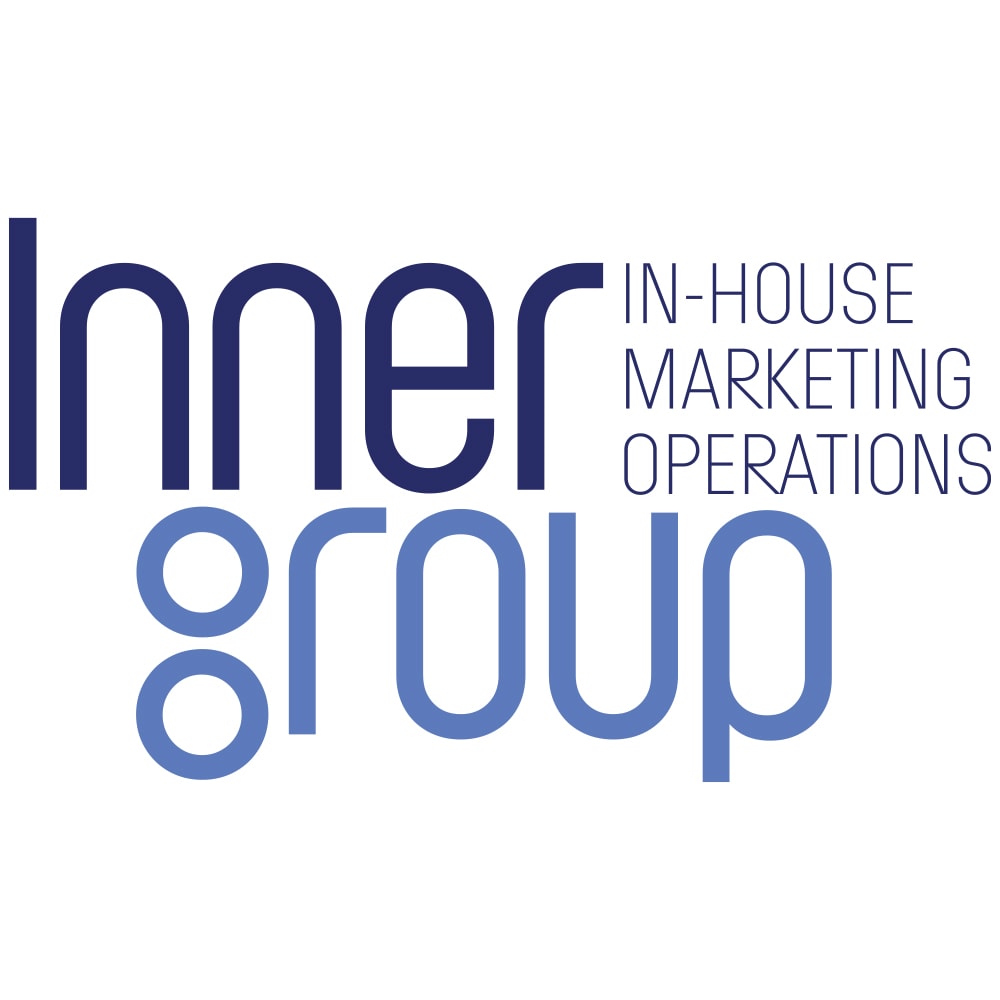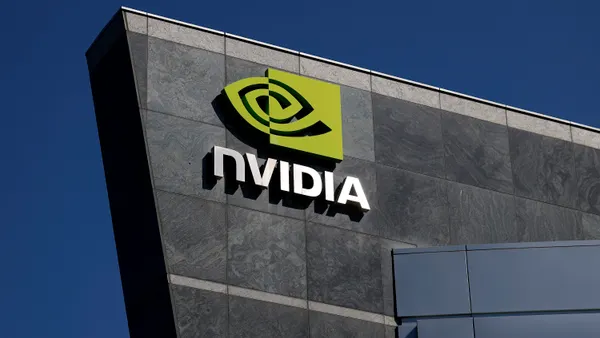Dive Brief:
- Nestlé formed an internal team that pulls together tech and media experts from the company's agency partners, but is led by internal executives, The Drum reported. Launching with hubs in the U.S. and U.K., the Global Digital Media Center of Competencies (DCoC) is intended to help Nestlé better navigate the ad-tech space and discussions with major platforms like Facebook and Google.
- With the DCoC, the marketer is pursuing a more selective "third way" versus relying entirely on external partners or in-housing, according to Sebastien Szczepaniak, Nestlé's global head of sales and e-business. The DCoC includes talent from all of Nestlé's agencies, WPP, IPG, Publicis and Dentsu, with Szczepaniak and Nestlé Global Head of Marketing Tom Buday at the helm. DCoC will initially center on six functions to improve digital media effectiveness and accountability: audience operations, retail media, dynamic creation optimization, ad operations, supply and trading, and transparency.
- Negotiations with ad tech partners, including demand- and supply-side platforms and publishers, will be a focus for the group. Nestlé is looking to achieve better guarantees around quality ad inventory, scale, and data and analytics, with DCoC helping to set contract terms in emerging local markets. DCoC will additionally help manage Nestlé's centralized first-party data assets, which the marketer is honing in on to rely less on third-party data and cookies, per AdExchanger.
Dive Insight:
Nestlé's hybrid team responds to several trends impacting marketers in packaged foods and beyond, including a demand for better deals with ad-tech partners — such as more leverage with the duopoly — bigger investments in first-party data and a desire to bring more clarity to a murky digital media supply chain. As a result of media transparency tests over the past year, Nestlé has already cut its roster of supply-side platforms from 65 to fewer than 10, according to The Drum.
The DCoC is distinctive for relying heavily on outside agencies Nestlé already works with — though the number of experts involved is currently unclear, per The Drum — while still being overseen by Nestlé executives. This could open transparency into the company's ad operations while still allowing agency specialists with deeper knowledge of ad-tech to handle the nitty gritty and navigate tricky contract negations.
The approach, per Szczepaniak's explanation, lets Nestlé "pick and choose the right experts" based on its specific internal goals, and then bring them together to push toward a set of defined KPIs.
If successful, the DCoC could serve as a model for other companies to follow as they retool how much marketing is allocated to agencies and ad-tech partners. In-housing has come and gone as an industry trend, but experienced a steep uptick in recent years as brands cut back their budgets and react to controversies like a federal investigation into non-transparent media buying practices.
However, the surge in in-housing has created its own headwinds, and it's possible that something like the DCoC is reactive to those as well. A recent survey by the Association of National Advertisers found that 63% of marketers believe keeping in-house agency talent energized is a challenge. Additionally, 44% of respondents reported having difficulty attracting top talent, and 37% said their internal teams struggle with applying key marketing processes.
Snags on the transition to an in-house model can manifest particularly sharply on the tech side. Ad Age in August reported that Walmart's shift to in-house its digital advertising services created campaign delays that frustrated some of the retailer's advertising partners. Walmart's internal team focuses on CRM, digital, data management, shopper marketing and ad-tech.
Despite these challenges, increasing demand for marketers to master data and technology has continued to produce ambitious in-house initiatives. The Drum previously reported that PepsiCo is hiring for an in-house unit that looks to combine data-driven marketing work with media planning and insights.
Other aspects of the DCoC appear more particular to Nestlé's business. The marketer earlier this year acknowledged it has encountered resistance from local markets when pushing for adoption of its internal global data management platform, which is the company's bid at wrangling more control over its programmatic business. The DCoC could help allay some of those pressures, according to The Drum.















